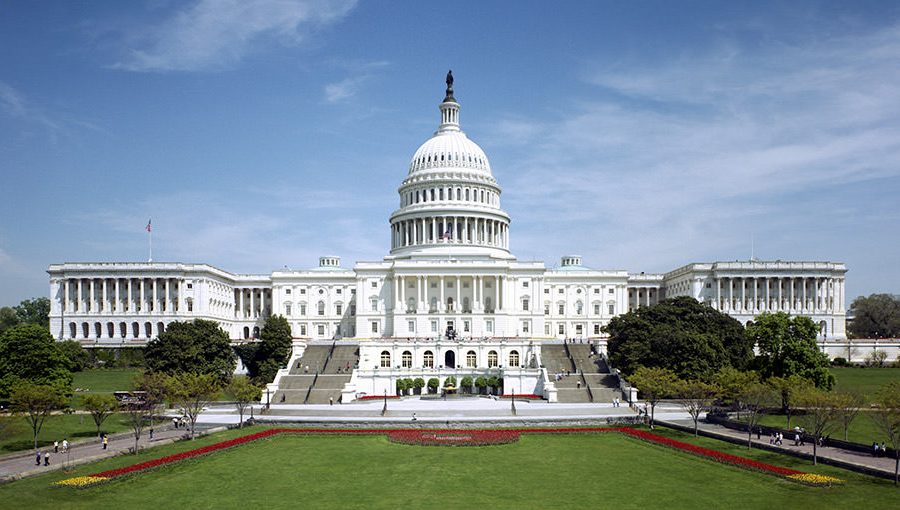House Dems include NG911 funding in future infrastructure proposal
House Democrats this week revealed that federal funding to support the nationwide deployment of IP-based next-generation 911 (NG911) technology is included in their proposal for a future coronavirus rescue legislation that places an emphasis on infrastructure projects, but such a package may be delayed longer than anticipated.
A cost study released in the fall of 2018 estimated that deploying NG911 nationwide would require between $9.7 billion and $12 billion. Currently, the proposal calls for $12 billion to support NG911 development—the amount used in existing legislation—but Beltway sources indicate that the funding level could be altered, if needed.
Implementing NG911 would involve transitioning 911 centers from voice-centric legacy technology—the foundation of which was established in the late 1960s and 1970s—to an IP-based architecture capable of handling voice, text, data, images and video communications. Proponents also note that NG911 would allow 911 calls to be rerouted automatically during times of congestion and let 911 centers share resources more easily—capabilities that many believe would benefit response efforts to the COVID-19 crisis.
House Speaker Nancy Pelosi (D-Calif.) said that the Democratic proposal—announced days after President Donald Trump signed a massive $2.2 trillion relief package as the third phase of COVID-19 legislation—would be comparable financially to the infrastructure package Trump has mentioned in speeches and on Twitter.
“[The] $760 billion package is a five-year package,” Pelosi said, according to a transcript of her briefing with reporters. “When the President talks about $2 trillion, he talks about ten years.
“We are talking about five years, $760 [billion]. And then we will have education and housing on top of it. So we’re probably in the ballpark of the same amount of investment, in terms of the future.”
Trump this week expressed interest in a large funding package, tweeting that it should be “VERY BIG & BOLD” with a focus on job and infrastructure. However, Senate Majority Leader Mitch McConnell (R-Ky.) was not as enthusiastic, describing Pelosi’s push for the fourth phase of COVID-19 legislation as “premature.”
Today, Pelosi stated that she believes increase in COVID-19 death and the halted economy means that the U.S. needs another relief package similar to the one that was just passed before pushing for an infrastructure bill.
“The acceleration of the coronavirus demands that we double down on the downpayment we made in CARES by passing a CARES 2 package,” Pelosi said in a statement. “We must extend and expand this bipartisan legislation to meet the needs of the American people.
“The coronavirus is moving swiftly, and our communities cannot afford for us to wait … As we fight the virus day to day, we must work on an infrastructure package for recovery that addresses some of the critical impacts and vulnerabilities in America that have been laid bare by the coronavirus.”
Securing federal funding for NG911 has been a goal within the public-safety community for many years. In 2016, the NG911 NOW Coalition set an aspirational goal of having NG911 in all public-safety answering points (PSAPs) by the end of 2020. While that timeline certainly will not be realized, the effort is credited with raising the profile of NG911 as a consideration on Capitol Hill, where multiple pieces of legislation have been introduced.
Recently, 12 public-safety organizations—known as the Public Safety Leadership Group—have been meeting in an attempt to develop consensus around key aspects of a prospective NG911 funding bill. Typically, public safety has been much more successful getting significant funding from Congress when presenting a united front.

















